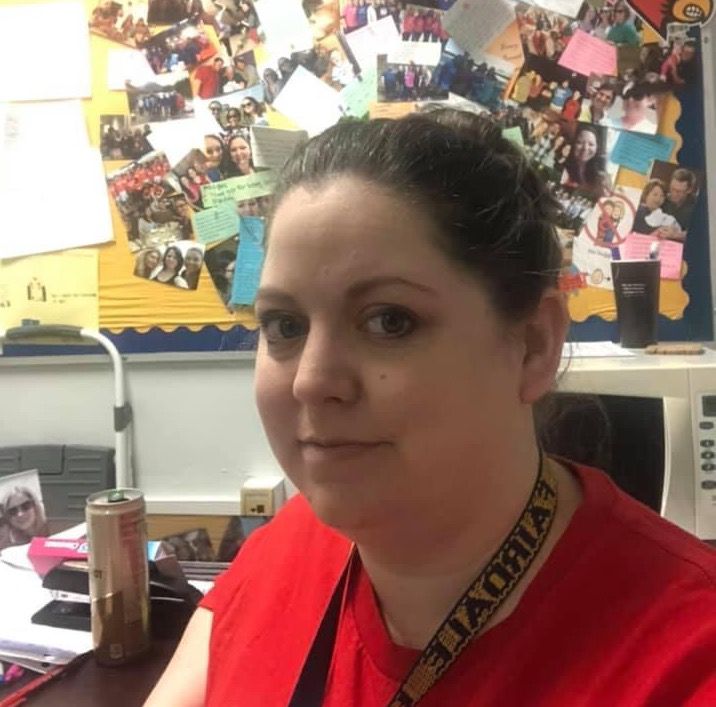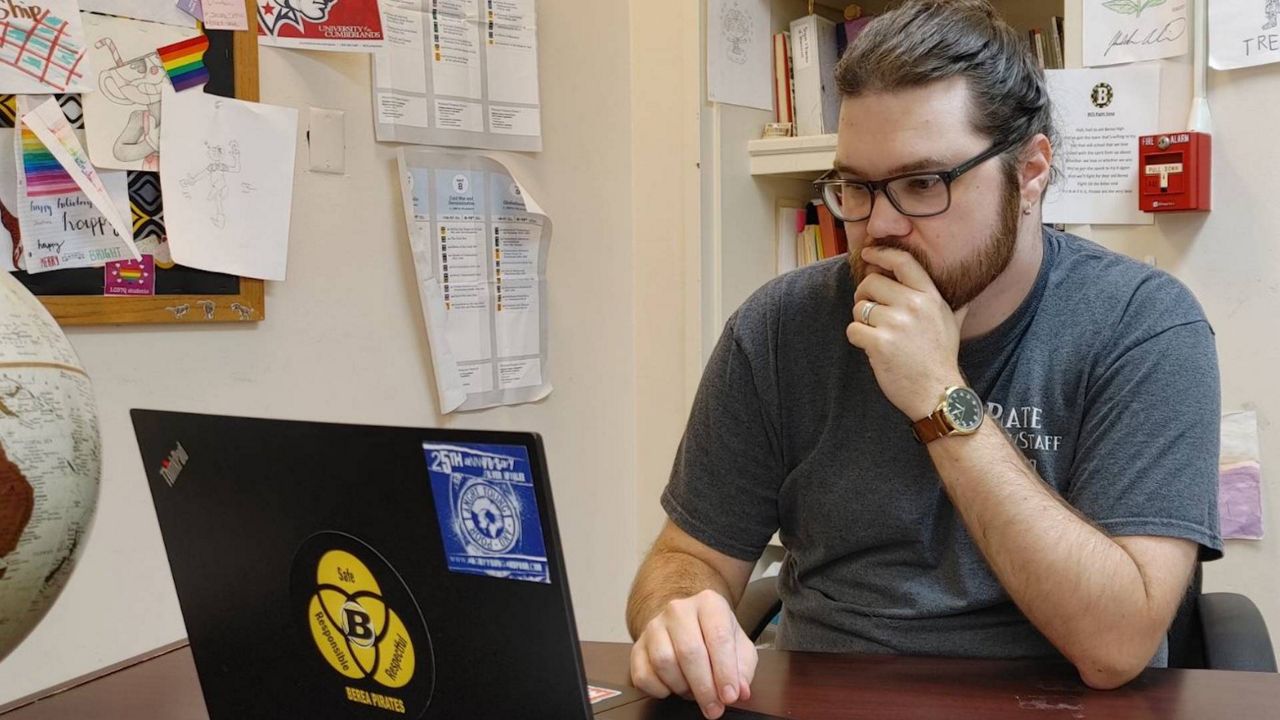LOUISVILLE, Ky. — Cassie Lyles, a social studies teacher at Fairdale High School in suburban Louisville, taught a civil rights elective for the first time last year. On the heels of the summer’s protests for racial justice and amid the fall’s contentious presidential election, she managed to field only one complaint from a peeved parent.
“There was a lesson on the Black Panthers,” Lyles told Spectrum News 1.
Now, as she nears a return to the classroom during the national uproar over critical race theory or CRT, Lyles said she knows she might encounter more indignant parents than ever before.
“I am preparing for it, but I hope it won't be as bad as I imagine,” she said.
All across Kentucky, teachers are heading back into the classroom under unusual scrutiny as politicians and parents raise the specter of CRT. Teachers and administrators insist that the decades-old academic framework for examining institutional racism is not taught in Kentucky’s schools, but that’s become a minor detail in the broader debate. CRT is now a catchall phrase used to refer to any effort to teach the history of racism and its effects on modern society.
In Frankfort, Republican lawmakers have pre-filed two bills aimed at restricting what can be taught in Kentucky’s public schools. Bill Request 69, which received an interim committee hearing earlier this month, seeks to limit “classroom instruction or discussion, formal or informal” on a range of subjects surrounding race, sex and religion.
At the July hearing, Rep. Matt Locket, a Republican and the bill's lead sponsor said CRT is "a radical ideology that seeks to use race as a means of moral, social and political revolution."
The issue has inspired contentious school board meetings around the state, including in Oldham and Jefferson counties, where angry attendees disrupted the proceedings last month.

Cassie Lyles said she plans to teach students "truth" in the classroom this year. (Cassie Lyles)
Lyles sees the fervor as an attempt to censor teachers and “create a false enemy.” But she insisted it won’t change her plans in the classroom.
“Maybe it should, but it's not,” said Lyles, who described CRT as the “ax hanging over my head.”
“My goal as a teacher is to create competent citizens who love their country and love it enough to want to make it a better place,” she said. “They have to know the truth about where we've been and where we're going so that they know how to navigate the future.”
Travis Blankenship’s school district hasn’t seen much outcry over CRT. But the social studies department chair at Berea Community High School said if parents are concerned, they’re always welcome to sit down with him and see what he’s teaching their kids.
“If they have a concern, come and address it first,” he said. “We'll break out the resources. We'll show them the curriculum. We'll show them the academic standards. There's no part of this that is not transparent.”
If those parents have a child in Blankenship’s AP World History class this school year, they'll see that he’s planning lessons that examine chattel slavery in the Americas and how the United State was the last country to end it.
“Being able to reflect on the sins of a nation does not mean you cannot take pride in that nation,” he said.
Blankenship continued: “Don't get me wrong, the Declaration of Independence, the Constitution, the Revolution — all of those are important moments and milestones. But we can no longer afford to have those be the only milestones that we examine.”
Both Lyles and Blankenship said they'll teach history that's rooted in transparency and honesty. But their concerns with Kentucky’s pre-filed bills addressing classroom content also extend to their classes on contemporary America.
Blankenship teaches a government class that often includes a discussion of current events. It’s more nuanced than what he called a “1950s civics curriculum,” which wasn't much more than lessons on the founders and the three branches of government.
“I don't think that gets to what our students truly need to understand our current government or to what they should know as they become voters,” he said.
Lyles teaches a civics class in which students discuss ideas and causes they care about. That can lead to disagreements and difficult conversations. But unlike with the adults at school board meetings or the lawmakers in Frankfort, such conversions don’t have to result in anger and division, she said.
“I think if you base your classroom in love, and you show your students that you care about them before and after those conversations, they know that you're not trying to attack who they are,” she said.



